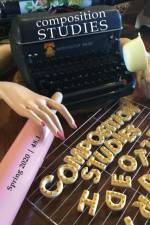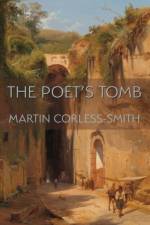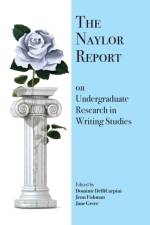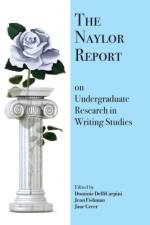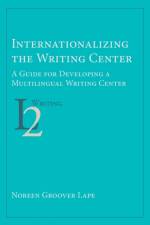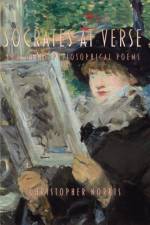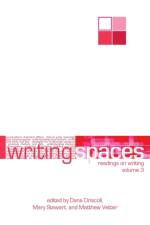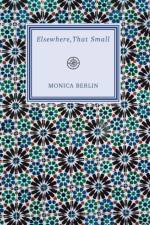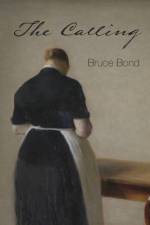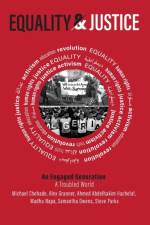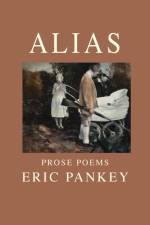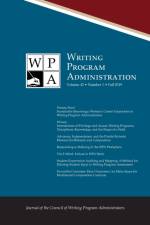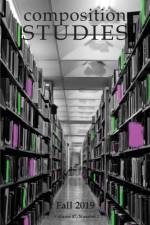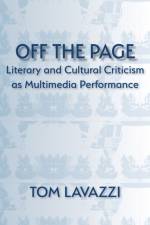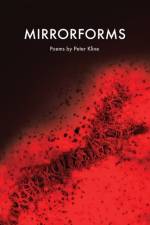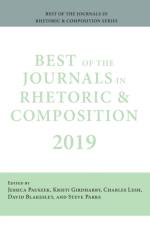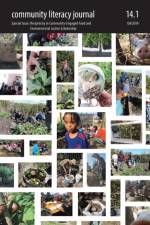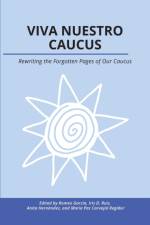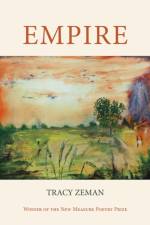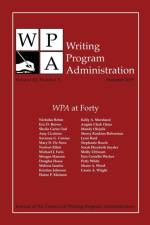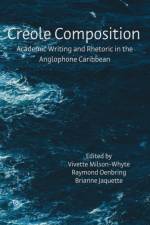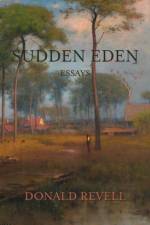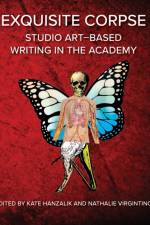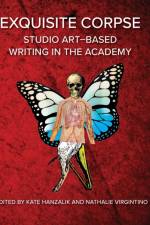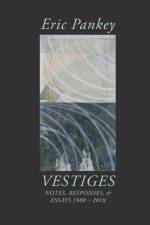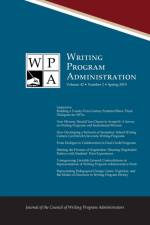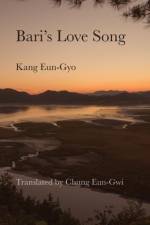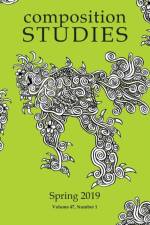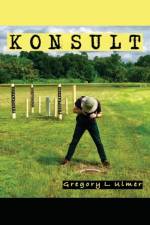315,-
The oldest independent periodical in the field, Composition Studies publishes original articles relevant to rhetoric and composition, including those that address teaching college writing; theorizing rhetoric and composing; administering writing programs; and, among other topics, preparing the field's future teacher-scholars. All perspectives and topics of general interest to the profession are welcome. We also publish Course Designs, which contextualize, theorize, and reflect on the content and pedagogy of a course. Contributions to Composing With are invited by the editor, though queries are welcome (send to compstudies@uc.edu). Cfps, announcements, and letters to the editor are most welcome. Composition Studies does not consider previously published manuscripts, unrevised conference papers, or unrevised dissertation chapters. CONTENTS OF COMPOSITION STUDIES 47.1 (Spring 2019): Reviewers from March 2018 through March 2019 | From the Editorial Assistants: An Interview with Laura R. Micciche | COMPOSING WITH: Adventures in Collaborative Documentary Editing Across Continents, or How I Learned to Make Better Movies by Alexandra Hidalgo | ARTICLES: Approaching the (Re)Design of Writing Majors: Contexts of Research, Forms of Inquiry, and Recommendations for Faculty by Kara Alexander, Michael-John DePalma, Lisa Shaver, and Danielle M. Williams | Encouraging Languages other than English in First-Year Writing Courses: Experiences from Linguistically Diverse Writers by Alyssa G. Cavazos | "Nameless, Faceless People": How Other Teachers' Expectations Influence Our Pedagogy by Brooke R. Schreiber and Dorothy Worden | Decolonial Potential in a Multilingual FYC by Cruz Medina | The Reader in the Textbook: Embodied Materiality and Reading in the Writing Classroom by Carolyne M. King | To Ensure Warfighting Function: Writing Inside a U.S. Army Brigade Headquarters by J. Michael Rifenburg | Beginning at the End: Reimagining the Dissertation Committee, Reimagining Careers by Amy J. Lueck and Beth Boehm | Good Things in Threes: Long-Term Effects of Literate Dwelling by Steve Lamos | WHERE WE ARE: Where We Are: My Mundane Professional Life | BOOK REVIEWS: Composition Studies, Public-Facing Activism, and Our Continued Social Turn: A Review Essay by Darin Jensen | Retention, Persistence, and Writing Programs, edited by Todd Ruecker, Dawn Shepherd, Heidi Estrem, and Beth Brunk-Chavez, Reviewed by James Clifford Swider | Bad Ideas about Writing, edited by Cheryl E. Ball and Drew M. Loewe, Reviewed by Jenn Fishman with Alli Bernard, Jessica Brown, Grace Chambers, Lorena Dulce, Ryan Higgins, Brian Huback, Saúl López, Aishah Mahmood, Shane Martin, Beth Michalewski, Madi Moster, Carly Ogletree, Alyssa Paulus, Lily Regan, Anna Story, and Haley Wasserman | Assembling Composition, edited by Kathleen Blake Yancey and Stephen J. McElroy, Reviewed by Sara Austin | Composition, Rhetoric, and Disciplinarity, edited by Rita Malenczyk, Susan Miller-Cochran, Elizabeth Wardle, and Kathleen Blake Yancey, Reviewed by Jacob Babb | Retroactivism in the Lesbian Archives: Composing Pasts and Futures, by Jean Bessette, Reviewed by Katie Brooks | How Writing Faculty Write: Strategies for Process, Product, and Productivity, by Christine E. Tulley, Reviewed by Emily Carson | Public Pedagogy in Composition Studies: Studies in Writing and Rhetoric, by Ashley J. Holmes, Reviewed by Erin Cromer Twal | Contributors

